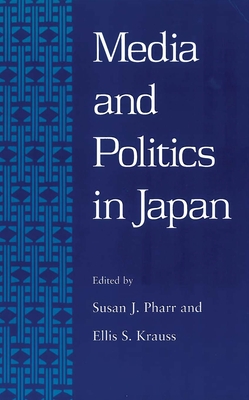
description
turated societies in the world. The circulations of its "big five" national newspapers dwarf those of any major American newspaper. Its public service broadcasting agency, NHK, is second only to the BBC in size. And it has a full range of commercial television stations, high-brow and low-brow magazines, and a large anti-mainstream media and mini-media. Japanese elites rate the mass media as the most influential group in Japanese society. But what role do they play in political life? Whose interests do the media serve? Are the media mainly servants of the state, or are they watchdogs on behalf of the public? And what effects do the media have on the political beliefs and behavior of ordinary Japanese people? These questions are the focus of this collection of essays by leading political scientists, sociologists, social psychologists, and journalists. Japan's unique kisha (press) club system, its powerful media business organizations, the uses of the media by Japan's wily bureaucrats, and the role of the media in everything from political scandals to shaping public opinion, are among the many subjects of this insightful and provocative book.
member goods
No member items were found under this heading.
Return Policy
All sales are final
Shipping
No special shipping considerations available.
Shipping fees determined at checkout.







